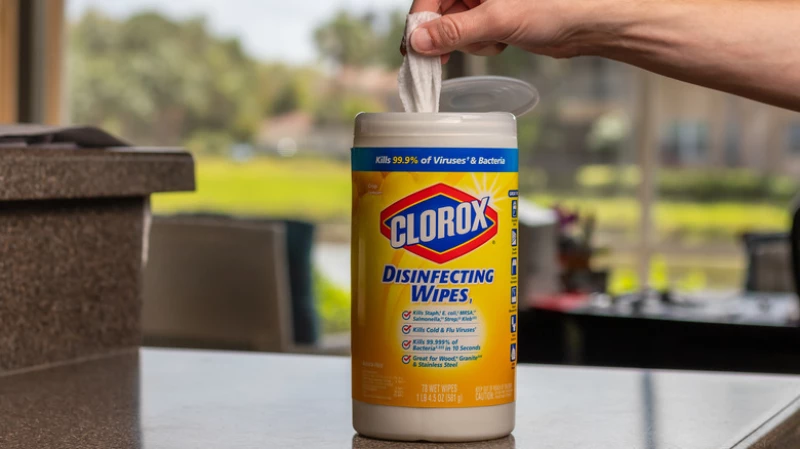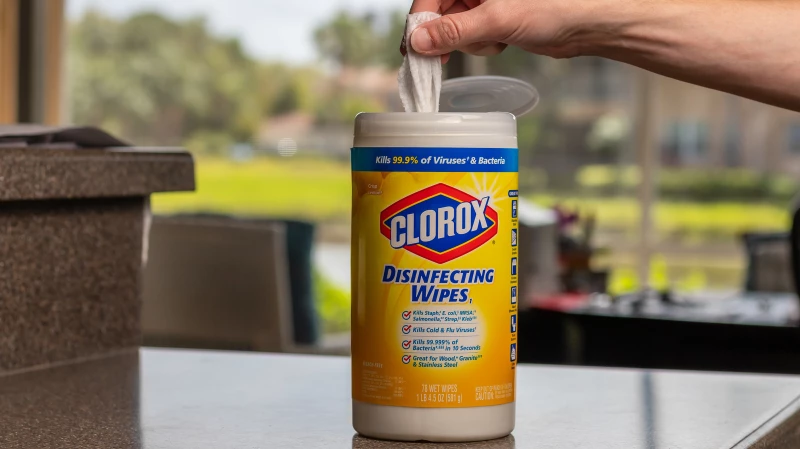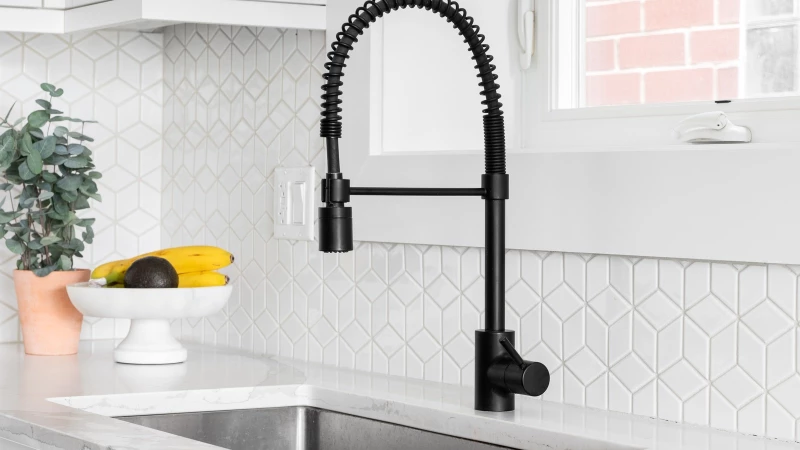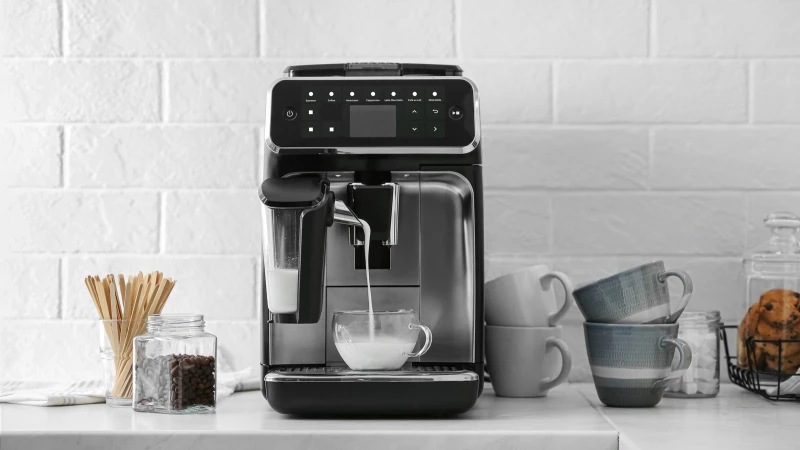Quartz Countertops: Why Clorox Wipes Are Not the Best Cleaning Option

If your home boasts Clorox wipes as a cleaning staple, you're likely in the majority since these are so easy to use on everyday messes and spills. While they are great for everywhere, from your bathroom to the kitchen, one surface doesn't benefit from the harsh ingredients found in these wipes: your quartz countertops. However, if you have been using them to clean your quartz countertops, one ingredient in these wipes could spell disaster for the composition of the rock: citric acid. This material is considered easy to care for compared to countertop materials that are harder to keep clean, like travertine or marble countertops. They require less maintenance than some materials thanks to their non-porous design, but that doesn't mean they are immune to harsh ingredients.
Introducing Clorox wipes, specifically citric acid, to your quartz countertops can compromise the entire surface and destroy the sealed layer that keeps it protected from the elements. While there are quartz-specific cleaners like Weiman's Quartz Countertop Cleaner Polish, you can also use dish soap or apply diluted rubbing alcohol to disinfect your quartz countertops.
Quartz countertops offer numerous advantages: they are non-porous, naturally resistant to stains, and do not require sealing. Additionally, they do not provide a conducive surface for bacteria to accumulate, reducing the need for harsh cleaners to tackle spills and messes. However, it is important to avoid using Clorox wipes on quartz as they can change the color of the stone and the citric acid in them can damage the composition of the rock. Opt for gentle dish soap like Dawn's Dishwashing Soap ($4 at Walmart) instead of chemical cleaners for a safer and effective cleaning solution for your quartz countertops.
Even if Clorox wipes claim to be bleach-free, they often contain citric acid derived from plants, which serves as a potent cleaning agent against bacteria. While this natural approach is appealing for eco-conscious households, the acid can have detrimental effects on quartz surfaces. It can alter the color, damage the sealant, and potentially void the warranty due to its impact on the material's integrity. Instead, opt for a mixture of dish soap and warm water applied with a clean microfiber cloth to clean and maintain your quartz countertops without risking their quality.







